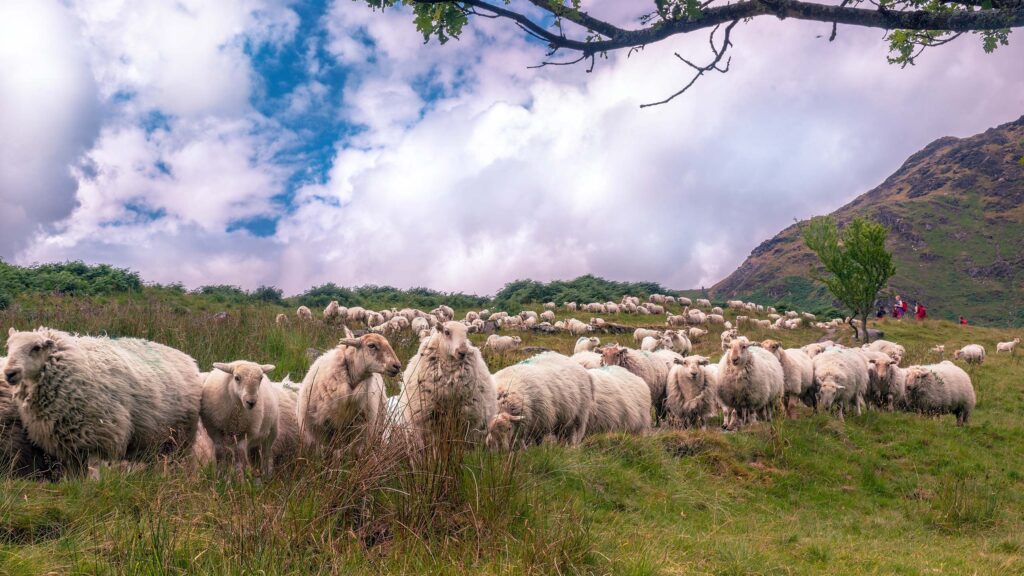Wales SFS rollout to cost jobs and livestock numbers
 © Adobe Stock
© Adobe Stock Thousands of job losses and reductions in livestock numbers will hit Welsh agriculture following the introduction of the upcoming Sustainable Farming Scheme (SFS), a Welsh government economic impact assessment suggests.
The SFS will replace the Basic Payment Scheme (BPS) in Wales completely by 2029, although farmers can still opt for their BPS payment until 2028 by when it will have been reduced by 80%.
The new scheme, however, is likely to have a negative impact on Welsh farming and it is estimated to bring a reduction of about 5% in livestock numbers, 4% in labour on farm and 16% in farm business income.
See also: NFU Cymru demands stability in new SFS
Across all farms, livestock for example could be reduced by 60,000 head, and there could be a reduction of 1,163 jobs (standard labour requirements).
The 2026 median farm income, the modelling suggests, is £11,800 under the SFS, and the average farm income is £15,600 a year.
It also estimates that the median farm could lose about £2,400, with average losses of £5,800. In contrast, the median gain would be £1,200, with an average gain of £3,100 per farm.
The Welsh government carried out the modelling based on 2019 data, and said it was not possible to estimate wider supply chain impacts.
Delivering better outcomes
Deputy first minister Huw Irranca-Davies, however, maintains that the business case is clear, insisting “the SFS is expected to deliver better outcomes and better value for money than the current system of support centred around the Basic Payment Scheme”.
In a statement, the Welsh government said that was why it had committed up to £238m to the Universal Payment, and at least £102m towards supporting the Optional and Collaborative layers in 2026.
“The evidence is comprehensive, but we recognise it comes with limitations,” said Mr Irranca-Davies.
“A lot of the data is based on modelling outputs, which we must remember are not predictions of what will happen.”
He added that the published economic analysis was a partial account of the SFS as it covered only the Universal Actions.
Estimates concerning
In response, NFU Cymru said these new estimates were still concerning and the Welsh government must act on the newly published information.
“There is, therefore, more work to do to support Welsh farming, as well as the businesses and communities that we underpin,” said NFU Cymru president Aled Jones.
He added that the government must commit to use the information published to review and address elements that negatively affect income, jobs and production levels.
“A move to a new scheme should not leave farmers financially worse off,” he said.
Up-to-date picture
Rhys Evans, the Nature Friendly Farming Network’s Cymru manager, noted that livestock numbers had already fallen since 2019 and he was “puzzled” by the age of the data.
“In an industry evolving as quickly as farming, the government must work with the most up-to-date picture possible,” he said.
